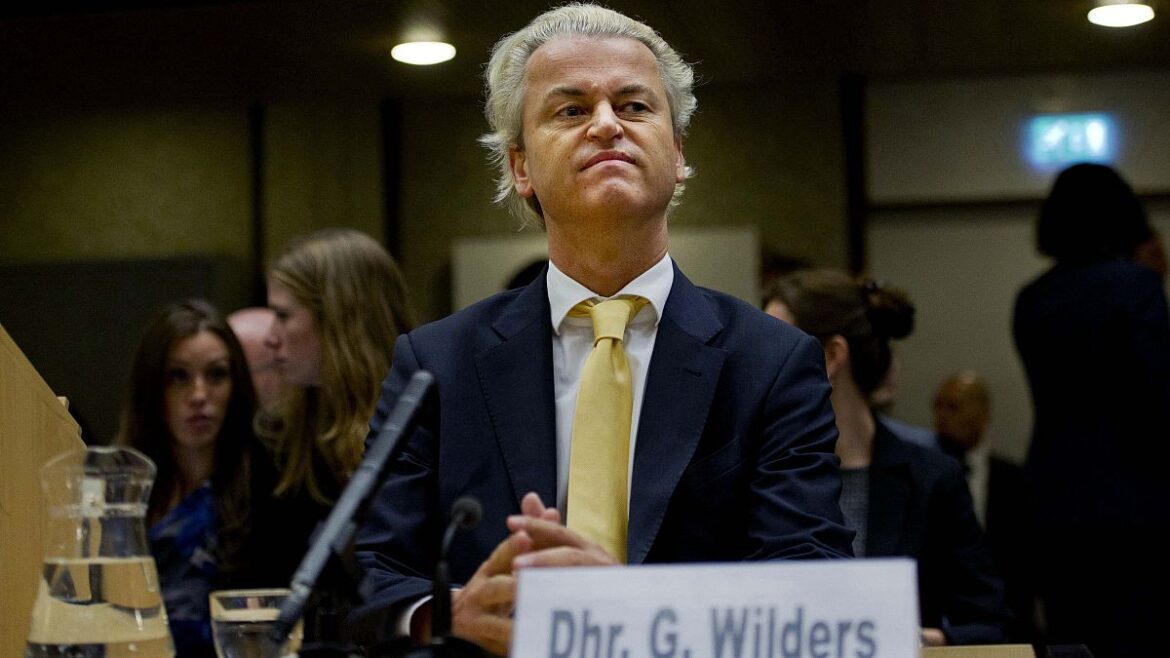Winner of the last Dutch legislative elections with more than 23% of the vote, far-right leader Geert Wilders has been seeking, since November, to form a coalition government. In vain.
Geert Wilders throws in the towel. He announced on Wednesday on the X network that he would not be Prime Minister. The leader of the Dutch far-right Party for Freedom (PVV) failed to form a coalition government, a coalition being necessary to manage the country.
At an impasse, and in the absence of political compromise, this renunciation could now open the way to the constitution of a government of apolitical experts whose composition must still be negotiated by the leaders of four parties including the PVV of Geert Wilders (the other three parties are the liberal VVD party, the agricultural party BBB and the centrist New Social Contract party).
Political negotiations broke down due to the disengagement of the centrist party, worried about the country’s public finances and by Geert Wilders’ plans for a climate-sceptical and Islamophobic document from the PVV, which notably recommended a ban on mosques and the Koran, as well as exit from the European Union.
Pending a new government, it is the outgoing Prime Minister, Mark Rutte, who is handling current affairs. The latter is given the favorite to become the new secretary general of NATO.



